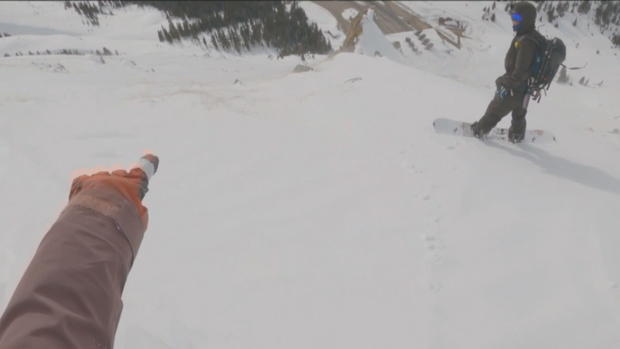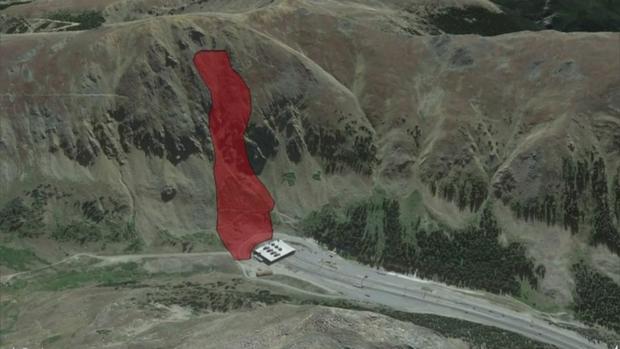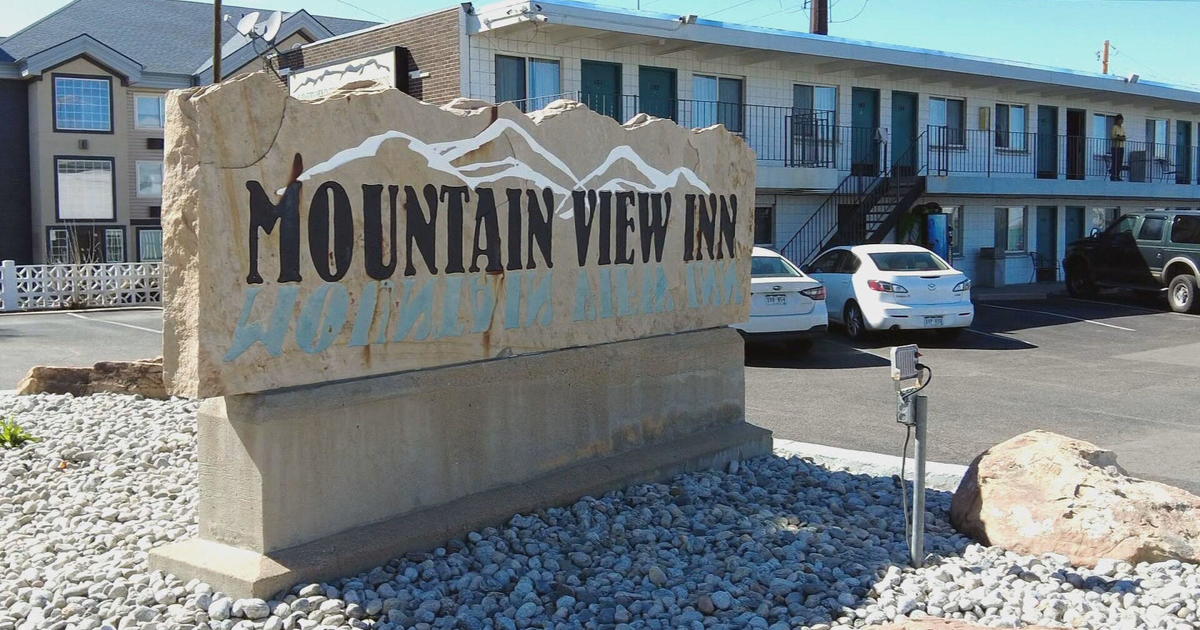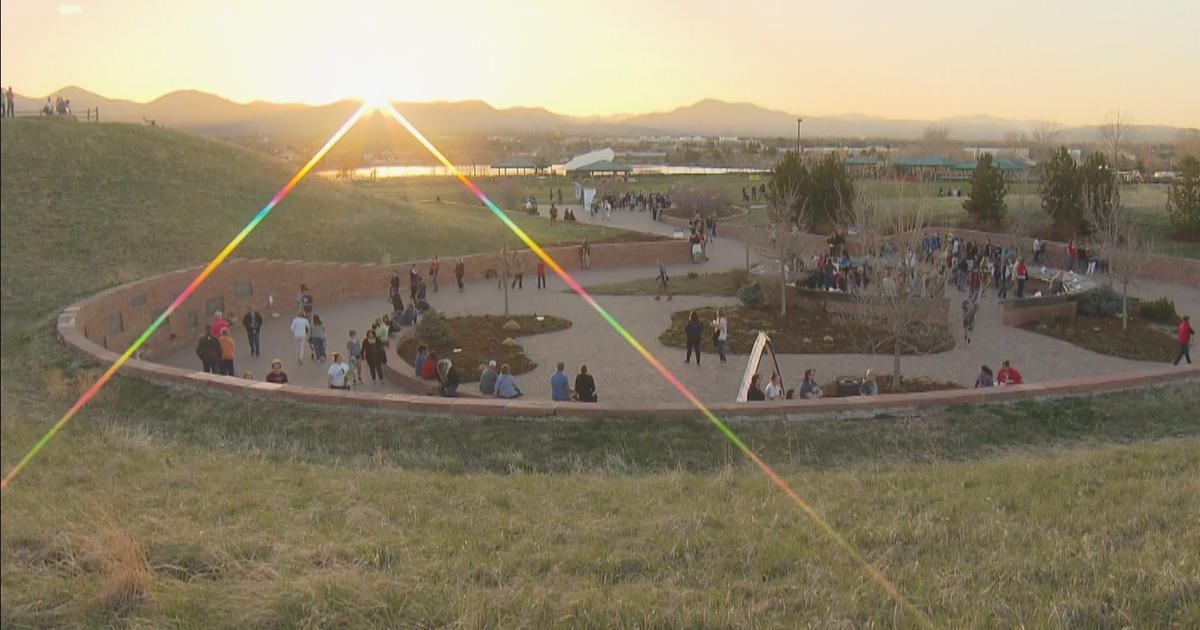Providing Testimony In Snowboarder Avalanche Trial Could Harm CAIC's Mission, Colorado AG Says
BRECKENRIDGE, Colo. (CBS4) - The attorney for the two men involved in a large avalanche that buried the Interstate 70 service road behind the Eisenhower-Johnson Tunnel last March says his clients will not be taking a plea deal.
"My clients are not going to take a plea in this case one because, as we will show at trial, they weren't reckless and then two, because the implications of this case are much larger than Evan and Tyler," said Jason Flores-Williams, attorney for the snowboarders.
Evan Hannibal and Tyler DeWitt were backcountry snowboarding on March 25 when they triggered an avalanche just above the west portal of the tunnel.
"The avalanche put debris on the road that was over 400 feet wide and 20 feet deep," said Ethan Greene, Director of the Colorado Avalanche Information Center.
The pair reported the slide to the CAIC and weeks later, handed over GoPro video to go along with the report -- never realizing it would later be used to build a court case against them.
They now face a misdemeanor for reckless endangerment and have been ordered to pay $168,000 in restitution for damage caused.
"We're not doing things to try and put other people in harm's way and that has much less to do with this case than just a general value that we share," said Greene.
Greene said the whole purpose of the CIAC is to work with communities to spread awareness and a big part of that has been the long history of community members sharing observations.
The CAIC was recently subpoenaed by the district attorney to testify as a witness. In general, Greene said it's something the organization would like to avoid.
"It's our preference that we stay out of a lawsuit or court proceedings that doesn't involve the avalanche center directly. This is not a new stance for us," he said.
The Colorado Attorney General's Office recently filed a motion to quash the subpoena, citing harm to the mission of the CAIC.
"The CAIC appearing as experts on behalf of the people could result in a 'chilling' effect and be potentially impactful to the CAIC's ability to gather candid information from people involved in avalanches," the motion read in part.
"It's interesting to see the Colorado attorney general enter in our case. It's really good news, not specifically for my clients but for the backcountry itself because the backcountry needs a state agency it can rely on," said Flores-Williams.
Williams agrees with the motion to quash the CAIC as a witness and expects a decision to be made next week.
"it's extremely important that people not fear ... that if they call the CAIC and cooperate with them, that the avalanche information center won't essentially serve as an arm of law enforcement," he said.
While the CAIC would prefer to stay out of court, as it does with other incidents, it tries to give assessments of how the accidents went wrong. In this case, Greene said it's about planning your route and weighing the risks.
"I think trying to figure out where you want to go recreate in Colorado is a bit of a tricky thing," Greene continued, "Especially from the CAIC perspective, we spend a lot of time talking to people about that trying to make sure that they pick a route and a goal that is consistent with the avalanche conditions. Part of that also probably needs to include where other people are traveling."
The trial is set to begin at the end of this month.





